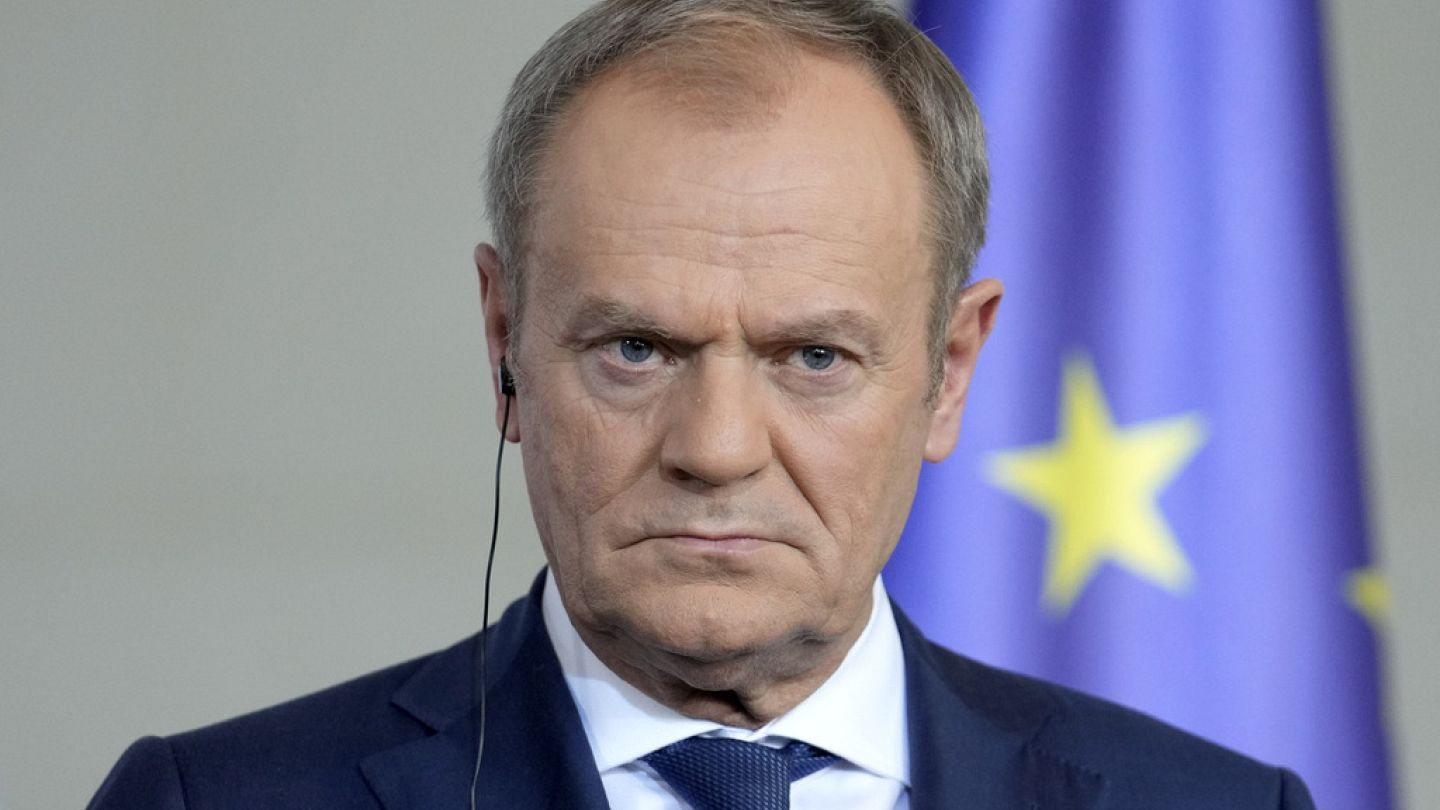Polish Prime Minister Donald Tusk Warns of Escalating Conflict with Russia
Polish Prime Minister Donald Tusk has warned that Poland is closer to open conflict with Russia than at any time since World War II, following a major Russian drone incursion into Polish airspace on September 10, 2025.

Polish Prime Minister Donald Tusk issued a stark warning on September 10, 2025, declaring that Poland is now closer to open conflict with Russia than at any time since World War II. This statement followed an unprecedented incident in which 19 Russian drones violated Polish airspace during a large-scale attack on western Ukraine, prompting Poland’s air defenses and NATO fighter jets to shoot down the intruding UAVs. The incursion marked the first time a NATO country has directly engaged Russian military assets since the start of Russia’s full-scale war in Ukraine in 2022.
Tusk addressed the Polish parliament and military, emphasizing the gravity of the situation: "The fact that these drones, which posed a security threat, were shot down changes the political situation. This situation brings us the closest we have been to open conflict since World War II." He described the event as a "large-scale provocation" and confirmed that Poland had invoked Article 4 of the NATO treaty, which calls for consultations among member states when a nation’s security is threatened. Tusk assured that Poland is prepared to repel further provocations and is in constant contact with NATO allies to coordinate a response.
NATO and European Reactions
The incident has drawn strong condemnation from European leaders and NATO officials, who view the drone incursion as a deliberate escalation by Russia. NATO Secretary General Mark Rutte labeled the violation "absolutely reckless" and "dangerous," while EU foreign policy chief Kaja Kallas called it a "game changer" that should prompt stronger sanctions against Russia. British and German officials echoed these concerns, with Germany’s defense minister stating that the drones were "obviously deliberately set on this course" from Belarus, Russia’s ally.
The Polish Air Navigation Agency responded by introducing air traffic restrictions in the eastern part of the country, citing national security concerns. Poland also announced the closure of its border with Belarus, coinciding with joint Russian-Belarusian military exercises scheduled to begin on September 12. These measures underscore the heightened state of alert and the potential for further escalation along NATO’s eastern flank.
Military Modernization and Strategic Implications
In light of the incursion, Tusk reaffirmed Poland’s commitment to a "great modernization program" for its military, including the acquisition of F-35 fighter jets from the United States. The first batch is expected to arrive in May 2026, part of a broader effort to strengthen Poland’s air defense and NATO capabilities. Tusk stressed the importance of allied support, stating, "We will do everything to ensure that our allied obligations... are fulfilled by our allies."
Analysts suggest that Russia may be testing NATO’s resolve and readiness, seeking to gauge the alliance’s response to direct provocations. The incident has intensified calls for diplomatic and military coordination among NATO members, with some experts warning that the risk of miscalculation or further escalation remains high. Despite the seriousness of the situation, Tusk clarified that Poland is not yet in a state of war, but the country must prepare for all possible scenarios.
The events of September 10 have significantly raised tensions in Eastern Europe, with Poland and its allies facing the most direct threat to NATO territory since the end of World War II. The international community continues to monitor developments closely, as the potential for a broader conflict looms.